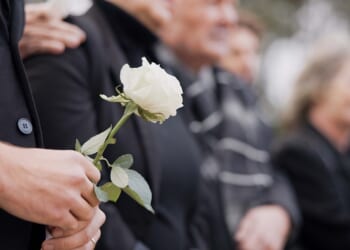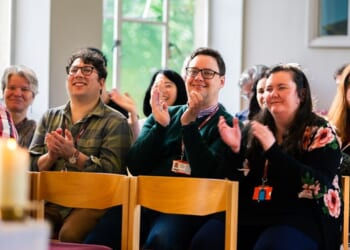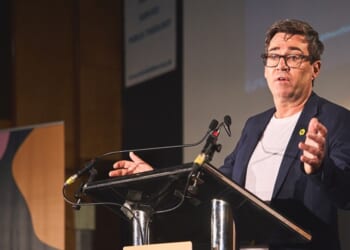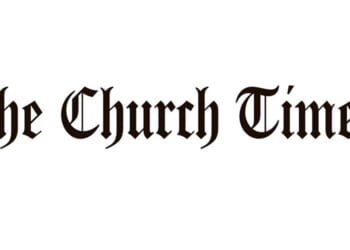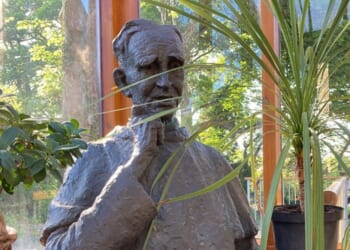THE Church of England has been trying to tackle race-related issues for decades, with varying degrees of success. The latest round of initiatives stemmed from the Anti-Racism Taskforce, which was formed in 2020. This led to the formation of the Archbishops’ Commission for Racial Justice (ACRJ), which began its work in 2021 and published its final report this year (News, 14 February).
Reactions, as always in the Church of England, have been mixed. While many have welcomed the attempts to address some thorny issues, others have seen it as a waste of time and resources. The ACRJ seems to have been painfully aware of this, on the evidence of the introduction to its final report: “This sense that Global Majority Heritage or UK Minoritised Ethnic persons are some how ‘the other’ and represent a threat to the identity of the Church of England fuels the belief in some quarters that a focus on racial justice in the Church of England is misplaced and little more than ‘wokery’.”
“Woke” derives the idea of “awake to”, or aware of, issues of racial injustice. If the work of the ACRJ is to have any sort of lasting effect on the Church, it has to start by raising awareness of racial injustices at the Church’s grass roots.
WHEN we launched the Church 2024 survey with the help of the Church Times, the ACRJ was about to complete its work. Among the many issues that we looked at in our survey was a short section designed to assess racial awareness, which was aimed specifically at the clergy and laity.
It consisted of eight statements with which respondents could either agree or disagree, and which were used to create a measure of “racial awareness”. Our sample of 3167 who completed these items was reasonably representative of the Church at large, as far as we could tell. This enabled us to ask about the levels of awareness across the Church of England, and what factors predicted any person’s particular score on the racial-awareness scale.
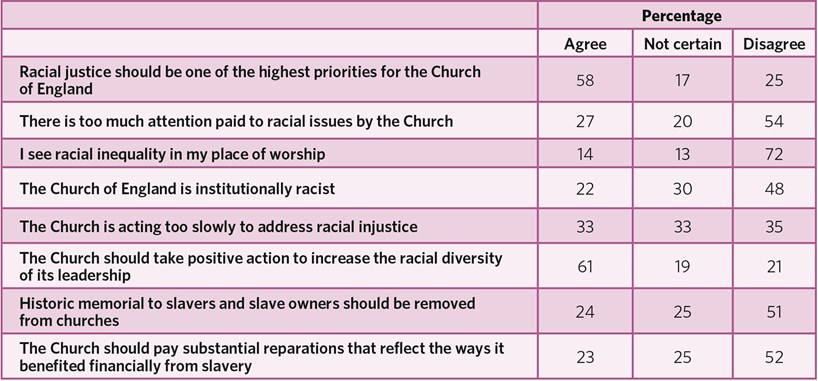
Overall responses to the different items are shown in the table above. From these we can deduce that more than half the respondents thought that racial justice should be a high priority for the Church, but one quarter disagreed. A similar proportion (27 per cent) thought that the Church was paying too much attention to racial issues. Very few (14 per cent) saw racial inequality in their place of worship, but slightly more (22 per cent) thought that the Church at large was institutionally racist.
When it came to action, opinion was more evenly divided between those who thought that the Church was acting too slowly (33 per cent) and those who disagreed (35 per cent). In terms of taking particular actions, 61 per cent wanted positive action to increase racial diversity among the leadership, but fewer than one quarter wanted the removal of memorials to slave-owners from churches, or for the Church to pay reparations to the descendants of slaves.
People generally responded to these items in a consistent direction, so that we could score items to create a proxy measure of their overall level of racial awareness with respect to the Church of England.
We looked at what factors predicted scores, assuming that this might be a combination of personal factors (age, sex, ethnicity, and personality), contextual factors (where they lived, marital status, and educational experience), ecclesial factors (congregations size, church tradition, and ministry status), and theological stance (liberal or conservative on matters of doctrine or morality).
THIS analysis showed that racial awareness at the grass roots of the Church is shaped by a complex mixture of individual, contextual, and religious factors. Women tended to score higher on racial awareness than men (which is typical of the general population), while older people and white British people (as you might expect) scored slightly lower.
Personality and contextual factors also played some part, but by far the best predictors were a person’s general liberal or conservative stance on matters of doctrine or morality. Liberals tend to have higher racial awareness than conservatives.
This partly explained why Evangelicals tended to score lower than others, because they also tend to be more conservative. If you allow for that, however, Evangelicals actually tended to score higher on racial awareness than you might expect from their conservative stance. We wondered whether this was a trace of the part played by Evangelicals in opposing the slave trade, something deeply rooted in their theological understandings of humanity.
We hope that this research can act as a marker to allow the Church in the future to assess how far the steps currently being taken will shift the levels and patterns of racial awareness at the grass roots, which is where it really matters
The Revd Andrew Village is Professor Emeritus, and Canon Leslie J. Francis is Visiting Professor, at York St John University.
A more detailed account of this study can be read in the Journal of Anglican Studies.










